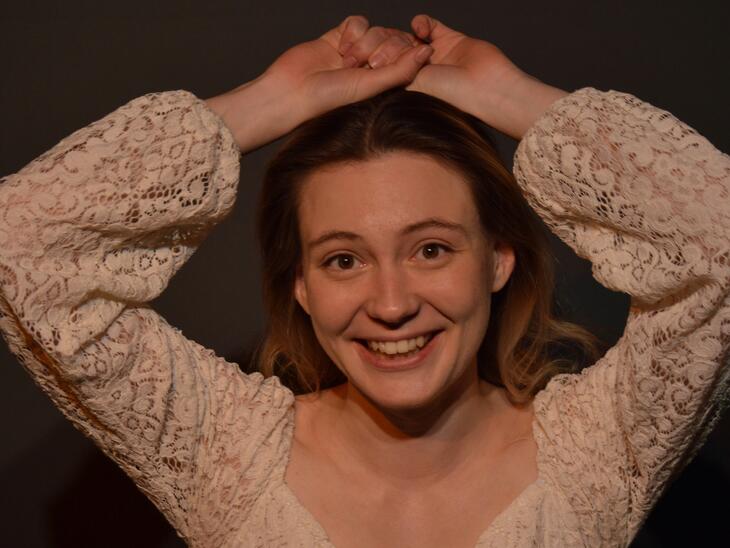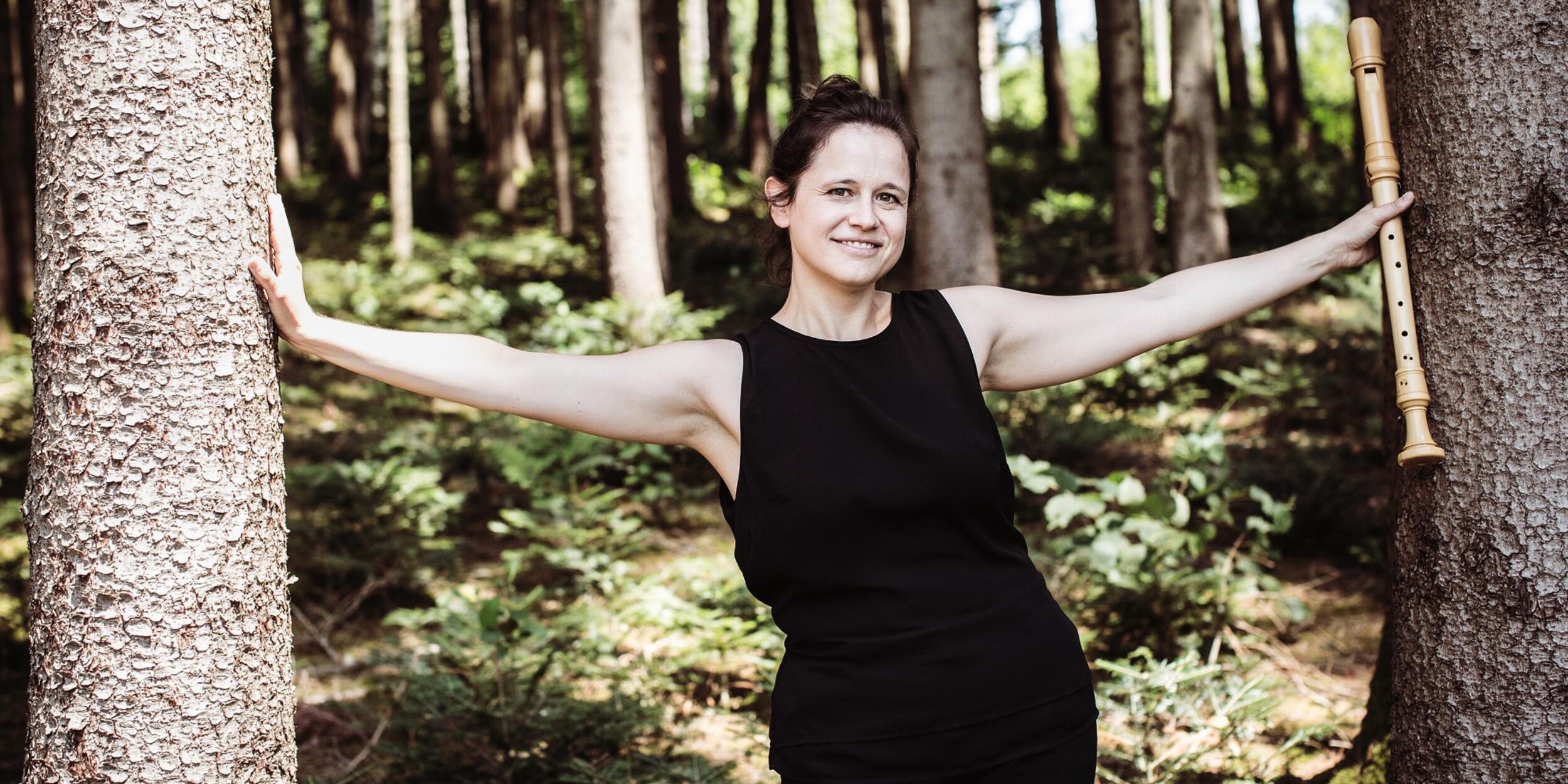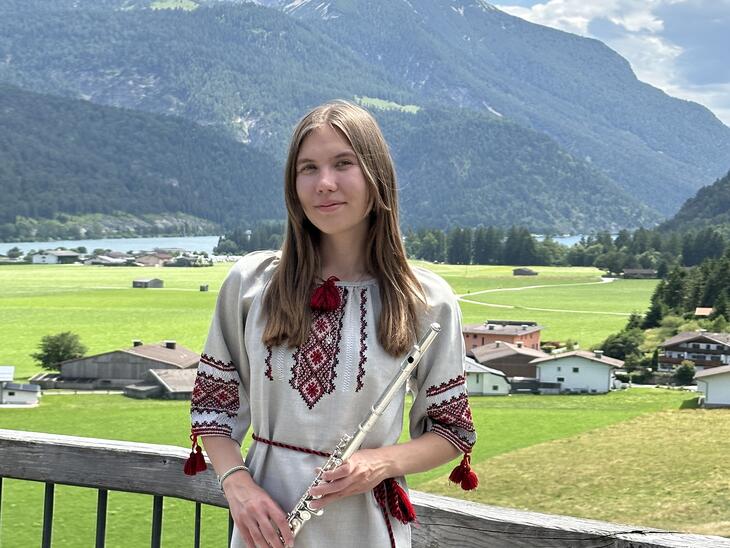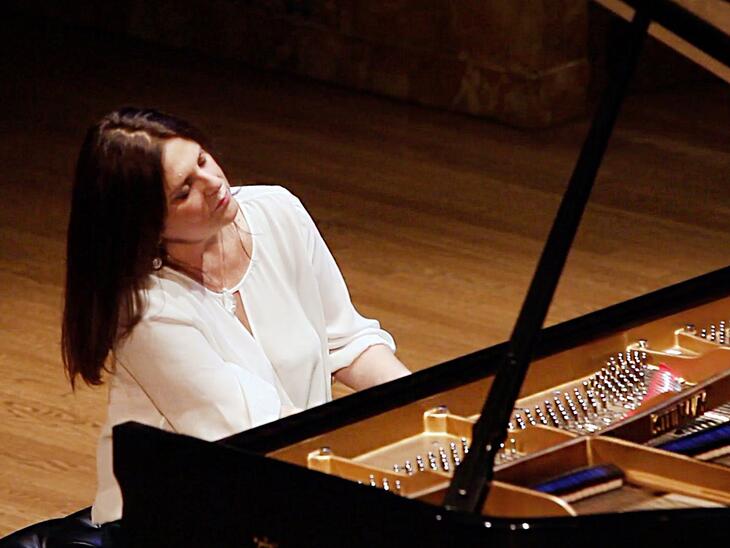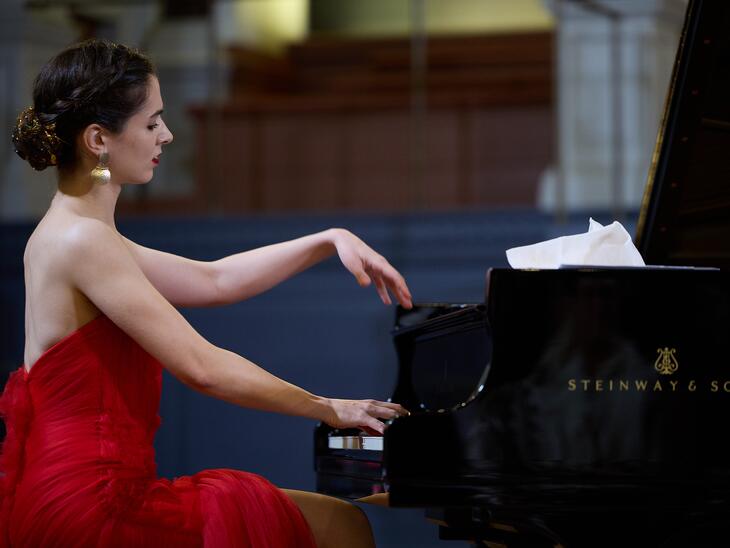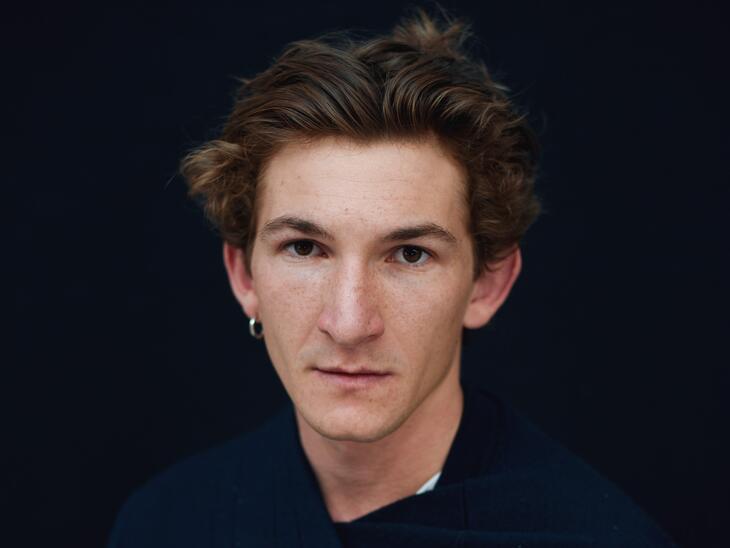How did you experience the Corona period as an artist?
I experienced the time very ambivalently. It was a shock at first, and perhaps I was naive at first. I never thought that cultural life would collapse so quickly. I played a project shortly before the restrictions came into effect and I never thought that it would be the last concert for a long time. It was in Innsbruck and it started in Tyrol. I was on the road with my baby and we thought of course we have to be careful and always wash our hands etc.. But I never thought that just one week later the borders would be closed and you can no longer teach. That caught me cold as ice. It was a shock. Then came the question, how do you go on in that situation? On the other hand, I also have to say that when you're thrown back on yourself with your instrument - you can't rehearse with chamber music either - that opens a lot of doors again. Then I knew again why I took up this as a profession and why I love it so much. Because I was once forced to deal with my instrument all by myself. Without all the hustle and bustle, without organizational activities and coordination. At work, it is often the case that you have to do a lot of things relatively quickly. That was suddenly no longer necessary. You could occupy yourself with a certain piece for a while or develop yourself here and there. I thought that was great. Although I already noticed that I really miss the interaction with other musicians. I do a lot of chamber music and I really miss the exchange. But it's also really nice to think about why I actually enjoy it so much. Why do I like to pick up a recorder every day? You couldn't imagine that before. But that was the positive thing about it.
So the biggest problem was the lack of interaction?
I was lucky enough to have taken up the position as a teacher in Innsbruck in January. I didn't have the existential worries, although I also lost many projects. But I was also lucky to have the other income. That made me privileged, of course. But still, I kept thinking: I just want to sit in a rehearsal again and just talk about music with other musicians or work on something together. I missed that terribly.
So the second, pedagogical pillar was very valuable?
Yes, absolutely. It's also a really great place in Innsbruck. There are IGP students and quite a few enthusiastic people in the preparatory course, who are also very hard-working. That was also very interesting for me to see. Due to the fact that I had just started and was in the process of familiarizing myself, it was of course also a bit of a balancing act when everything was cut off immediately. You've just gotten to know each other and placed the things that are important to you, and then suddenly that doesn't work anymore in personal contact. But my students were so great about it, committed and disciplined. It worked out wonderfully. It also got me through the time well, because I was in exchange with the students. On the one hand with video telephony, on the other hand we worked with recordings that they sent me. There are also things that don't have as much room in the normal classroom but absolutely belong in the artistic subject. That's background information, research, etc., and that's what we got into. There was one assignment per week that you could also work on in writing, and so we just worked ahead a little bit for the pieces that were coming up in the near future.
Did you have to cancel concerts as well?
Yes, of course. I'm at a point now where next year's concerts are being cancelled because the concerts from this year are being moved there. It's kind of the second wave of cancellations coming now. But there will be some concerts in the fall, if the situation stays like this. What makes me very happy is that we can do a summer course in Ossiach, that is fixed. That is a ray of hope.
Do you already know how the concerts in Germany will continue?
Yes, through my parents, who are church musicians with their own concert series. They are at a very large church with about 1000 seats. If they follow all the rules about 180 people can attend. I was in a concert just now on Saturday and it looked spooky. You just can't solve it any other way at the moment, I don't think. It's a very difficult balancing act. The specifications are different in Germany in every state as well. The most difficult circumstance is that the restrictions are not linked to a time limit. If someone tells me that it won't be possible for a year, then that's just the way it is and I can adjust to that, too, economically. But I find the situation that you don't even know what the time frame is, and that's exactly how it is for organizers, really totally difficult. In the ensembles in which I work a lot, we have of course tried to work out concepts and programs at a distance. There are things you can do in advance, but we've all noticed that it's not so easy to motivate people if you don't know when you'll be able to play the concerts.
What conditions would you wish for, what do you need to be able to work normally again?
My wish is that a lot is invested in the form of the concert to save it. I have a little concern in watching the streaming services. I can't really get comfortable with that. A concert is more than listening to music. It has atmosphere, it's tied to a specific time, and you can't listen to it over and over again. That makes it something very special. The art takes place in a given window of time and then it's gone. That's also what makes it so appealing. I wish that the concerts would remain in this variety as we have had them until now. We were in a wonderful situation in that we had not only a few large concert organizers, but many small cultural organizer initiatives. I see that as particularly important! That has had an incredible impact on our cultural life. Cultural diversity is an enormous achievement. That's how it should be again. Unfortunately, things are often only noticed when they no longer exist. The big houses are just as much a part of that as the small promoters and festivals, because they bring music to places where people might not have the opportunity to drive three hours to get to a big concert hall. So people have the opportunity to experience good and great music locally.
